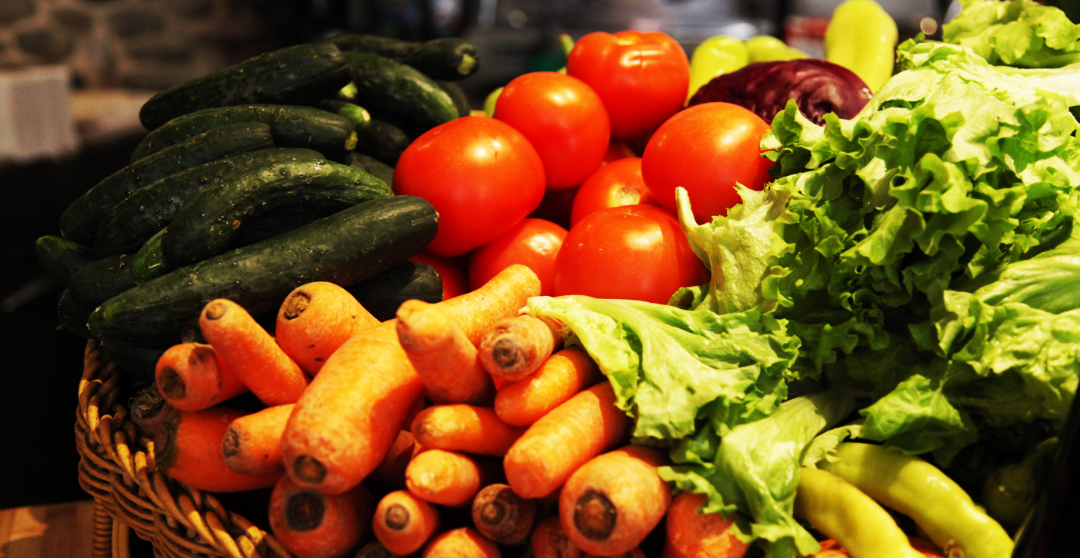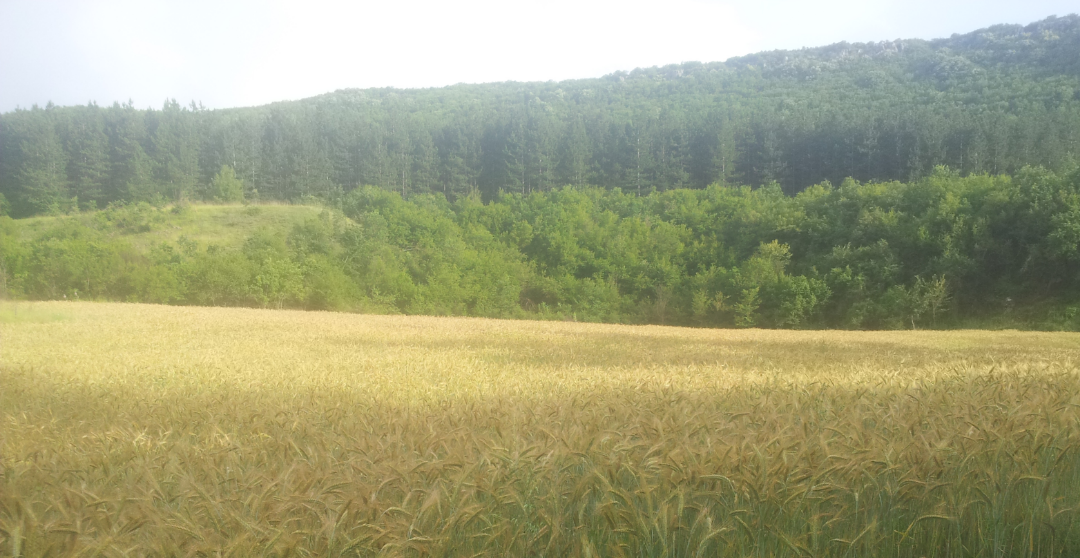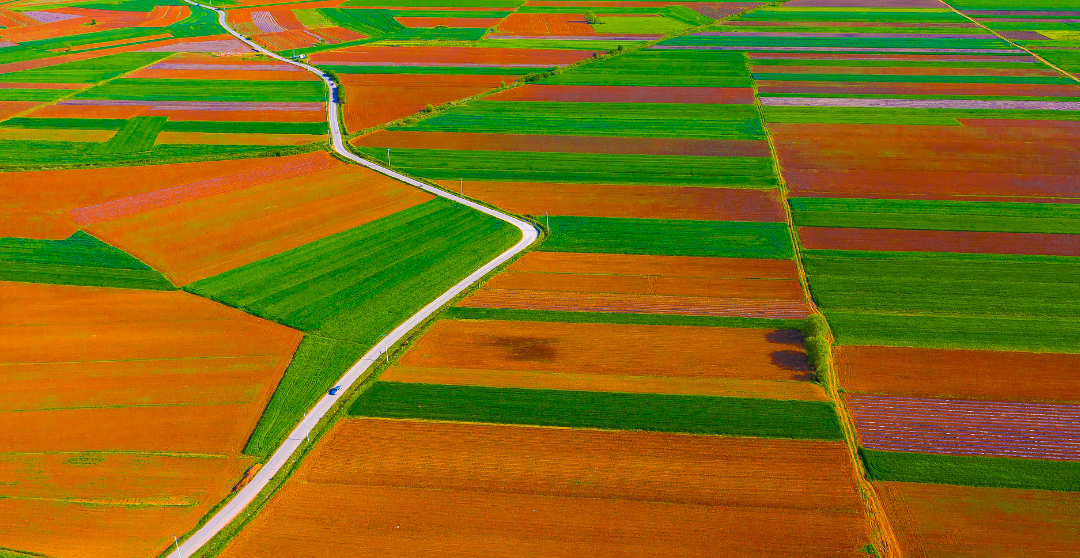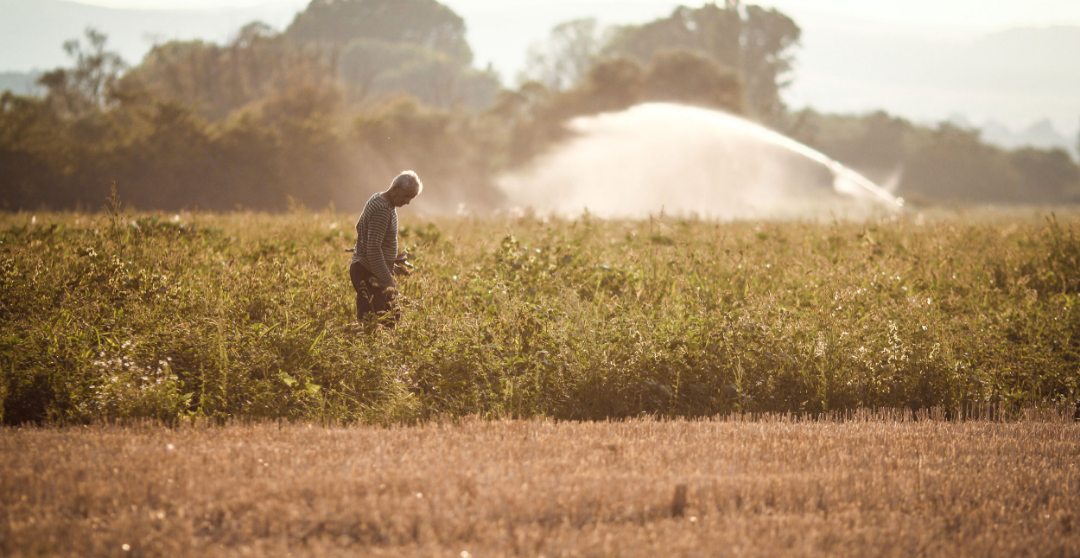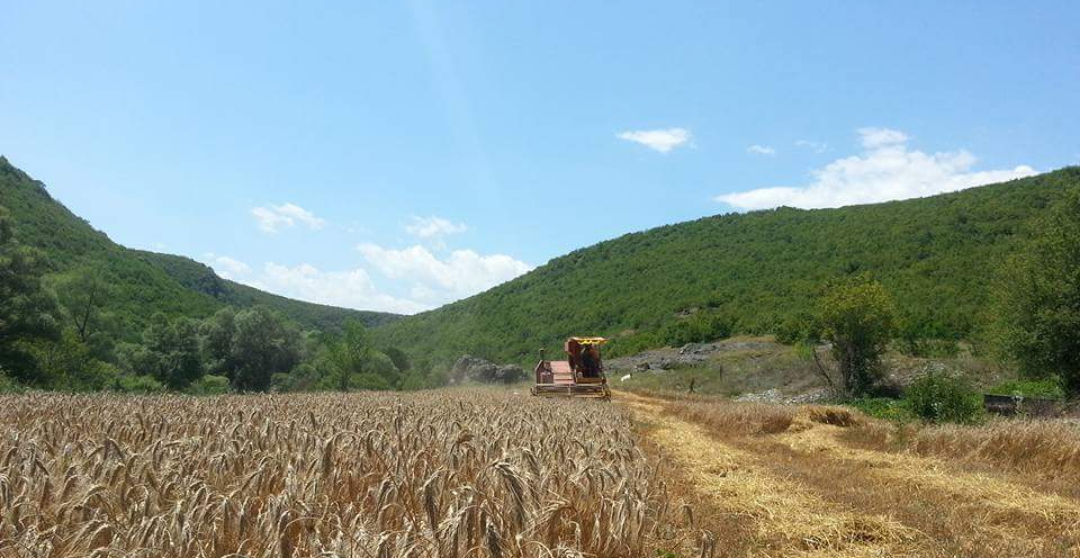Agriculture Sector

3.91%
Increase in GDP compared to the same quarter last year
53%
Agricultural Land in Kosova
ABOUT AGRICULTURE
Kosova’s agricultural sector, despite encountering hurdles like land fragmentation and farm size reduction, continues to thrive with government support, particularly through initiatives like the Direct Payment Program overseen by the Ministry of Agriculture, Forestry, and Rural Development. In 2021, this program allocated a significant sum of 28.9 million euros across 27 sectors, reinforcing the sector’s resilience and growth potential.
This support extends to a wide array of agricultural activities, encompassing not only crop cultivation and livestock farming but also providing aid for wine production and agricultural insurance coverage for essential crops such as vegetables, apples, pears, grapes, plums, peppers, and walnuts, ensuring comprehensive support across diverse sectors of the agricultural industry
Explore one of the cornerstones of Kosova’s economy through these images
OPPORTUNITIES
Kosova’s agricultural sector, despite fluctuations in its contribution to the Gross Domestic Product (GDP) over the years, presents a dynamic nature and sensitivity to economic factors. Key agricultural productions such as vegetables, fruits, vineyards, and grains play a critical role in ensuring food security and economic growth in Kosova, highlighting investment potential in this sector.
With cultivated areas for key crops like vegetables, fruits, vineyards, and grains being substantial in 2021, investing in Kosova’s agriculture sector offers opportunities for both domestic consumption and export markets. The sector’s resilience and its role in ensuring food security underscore its attractiveness for potential investors seeking stable returns and long-term growth prospects.
Kosova’s agricultural sector remains a significant driver of economic activity, providing ample investment opportunities. The cultivation of essential crops such as vegetables, fruits, vineyards, and grains not only sustains domestic consumption but also fuels export markets, contributing to Kosova’s economic resilience and development.
Sector business associations and organizations

